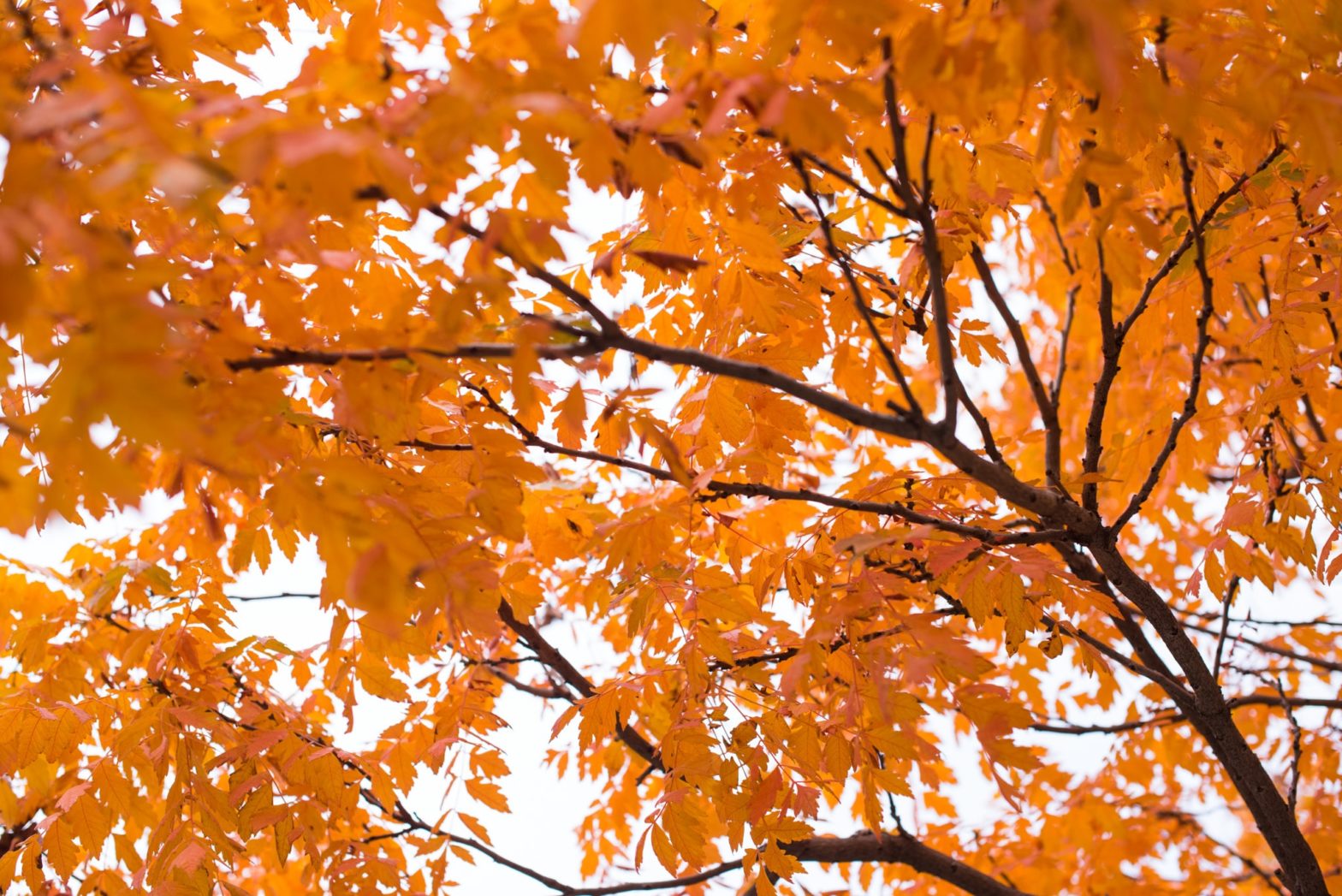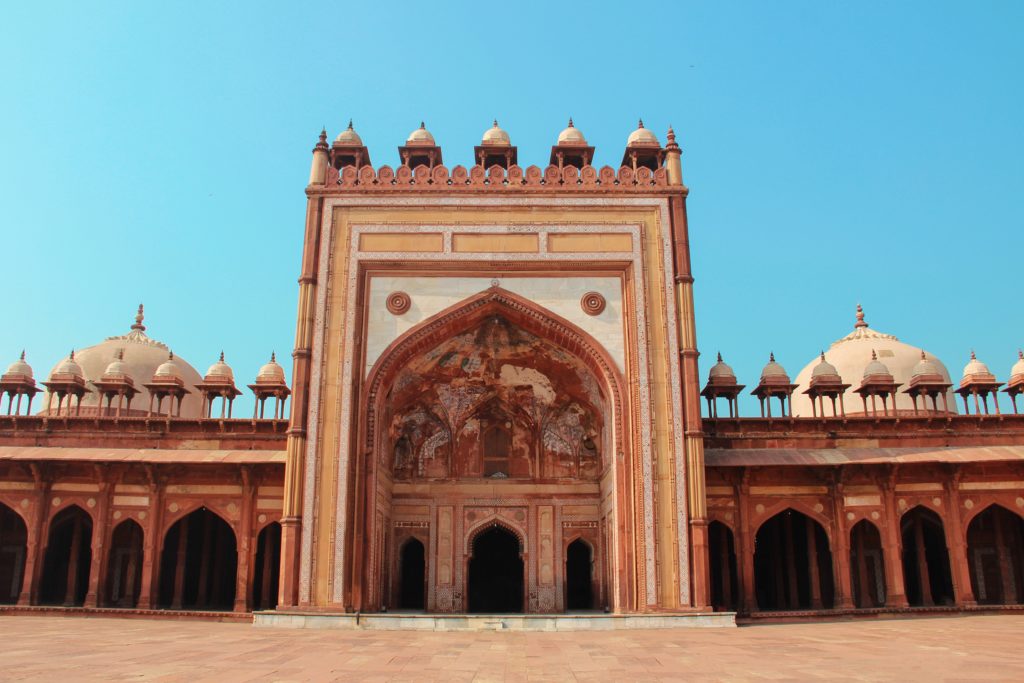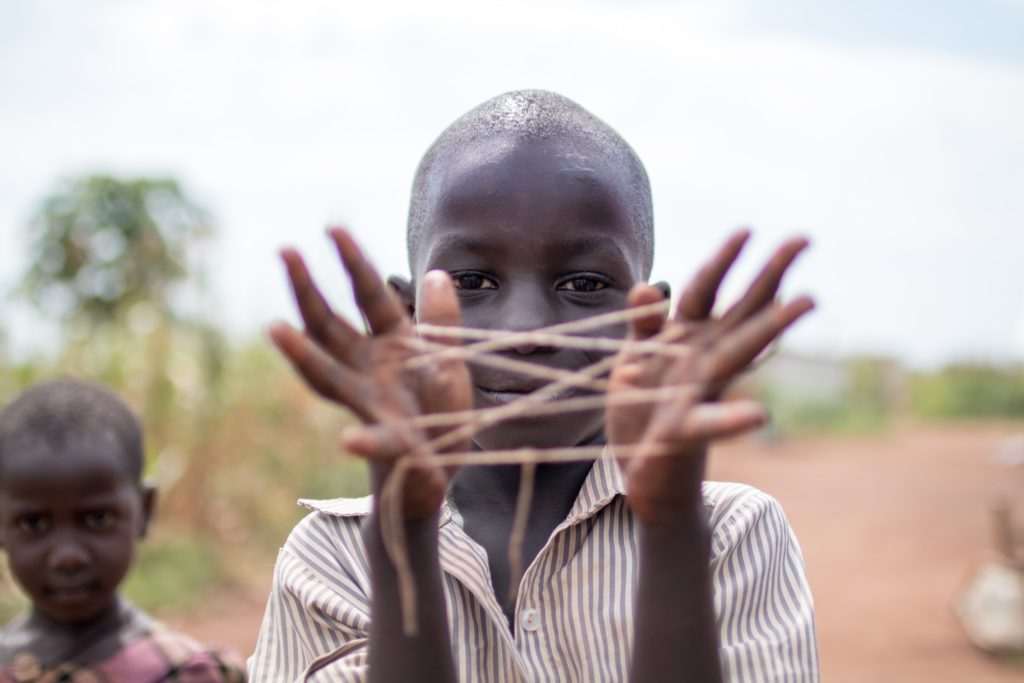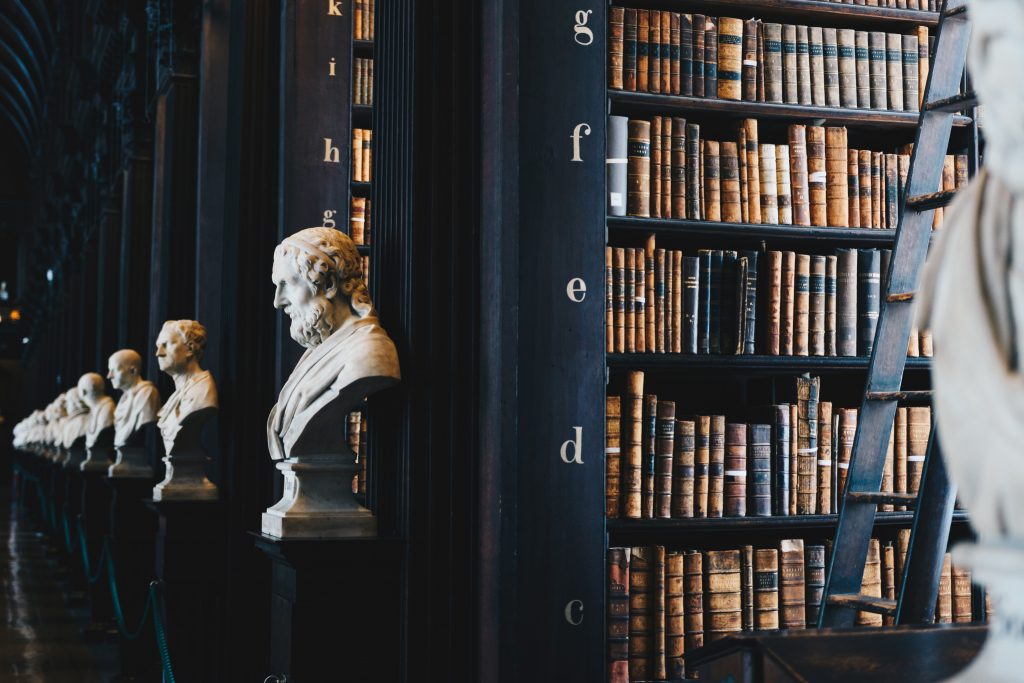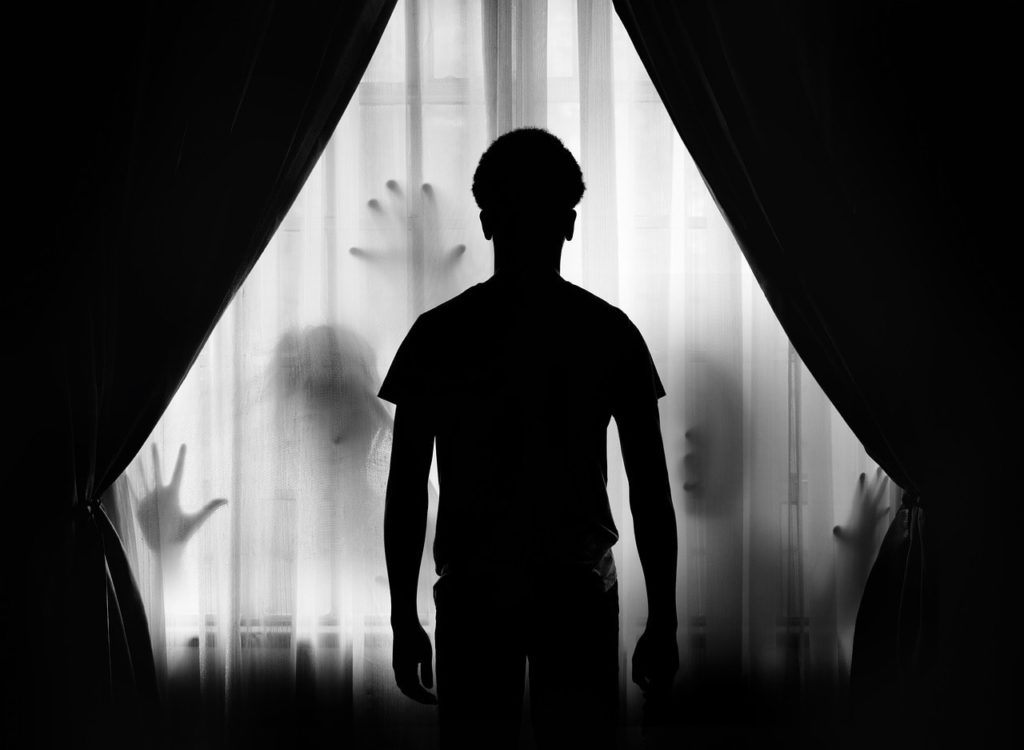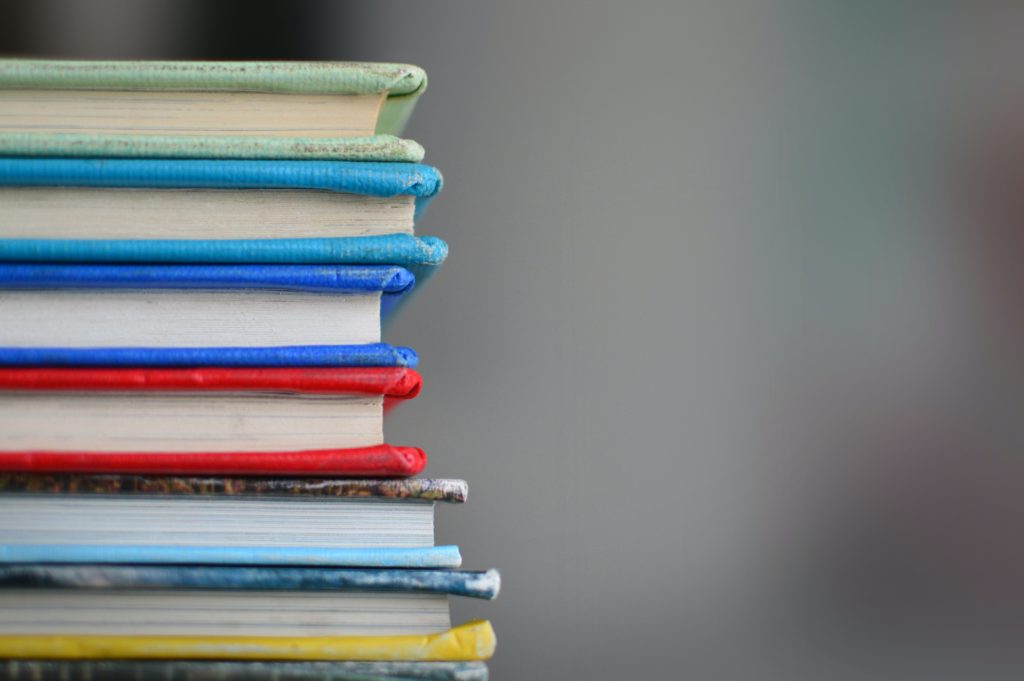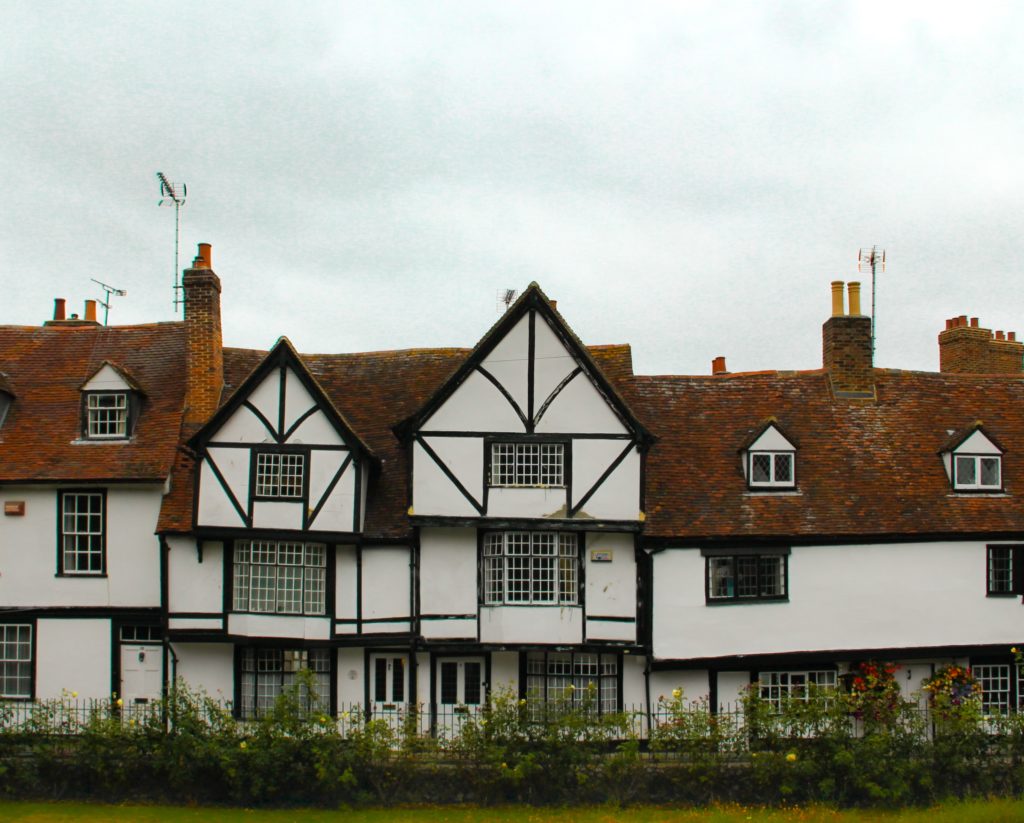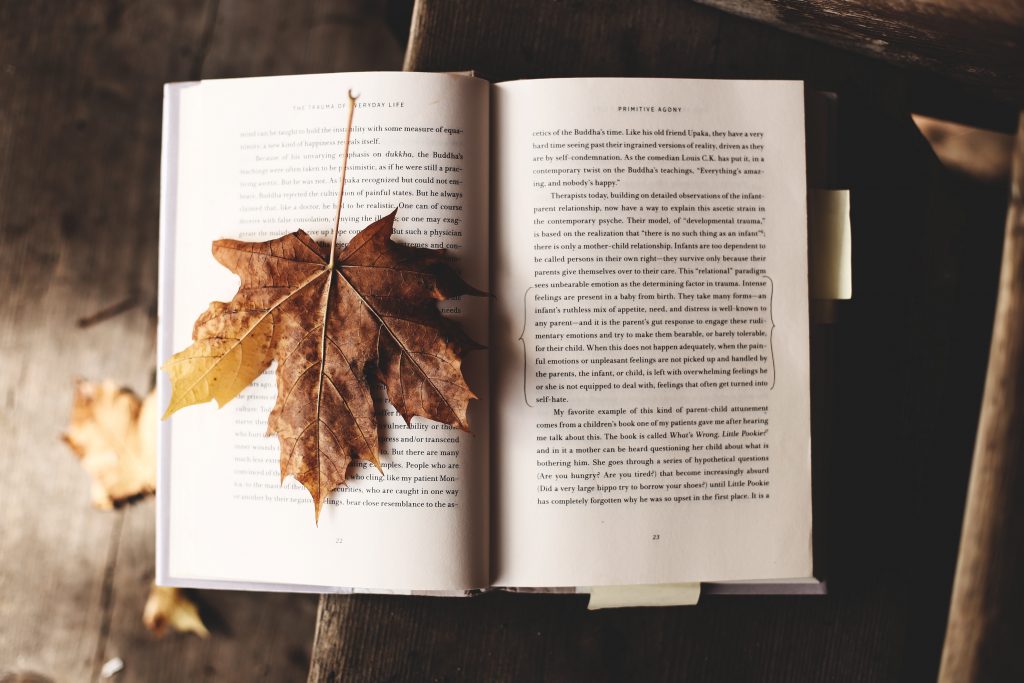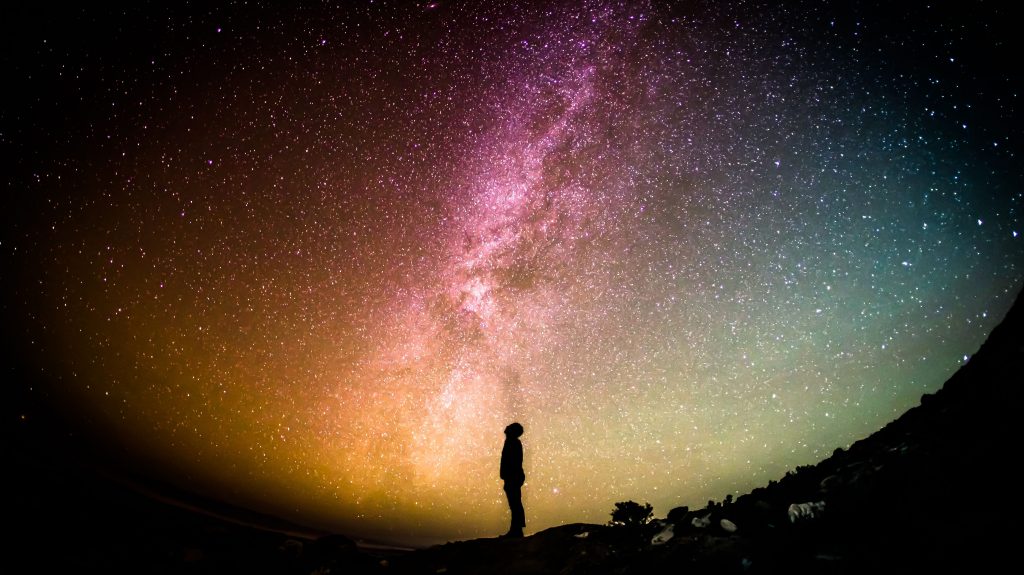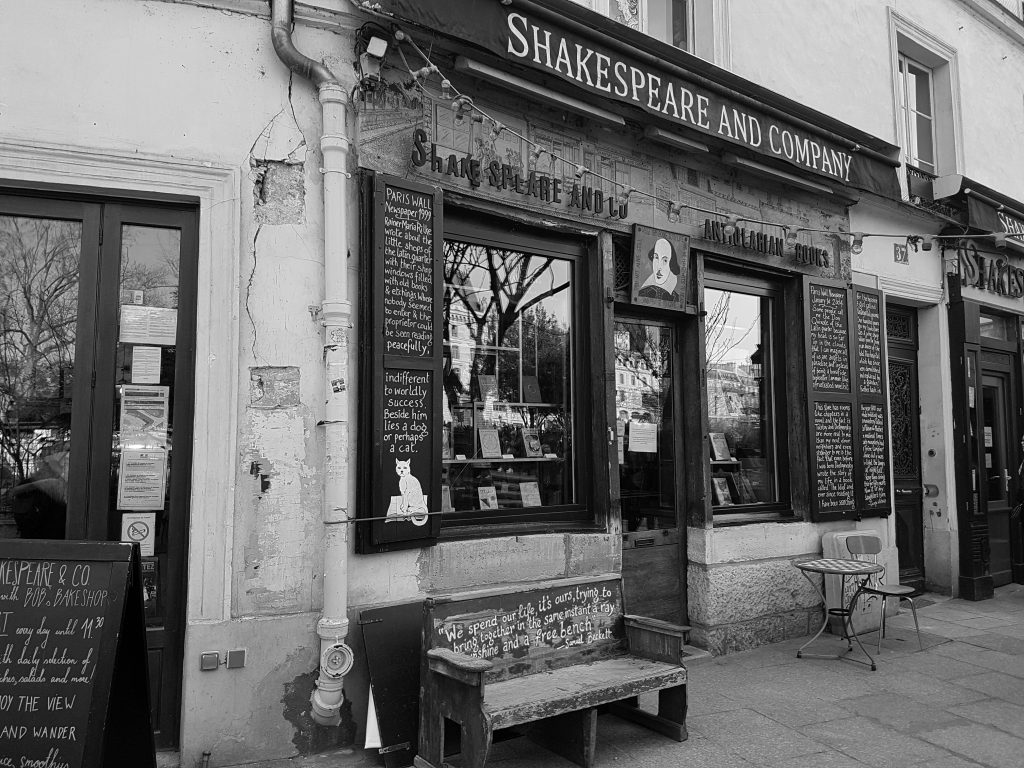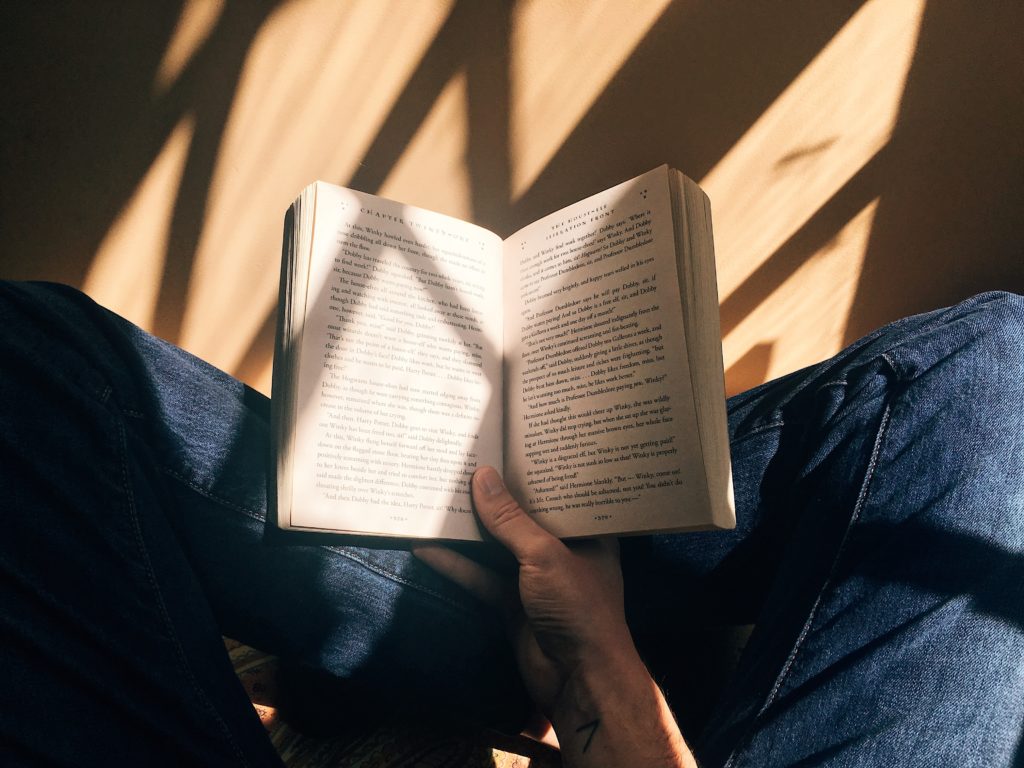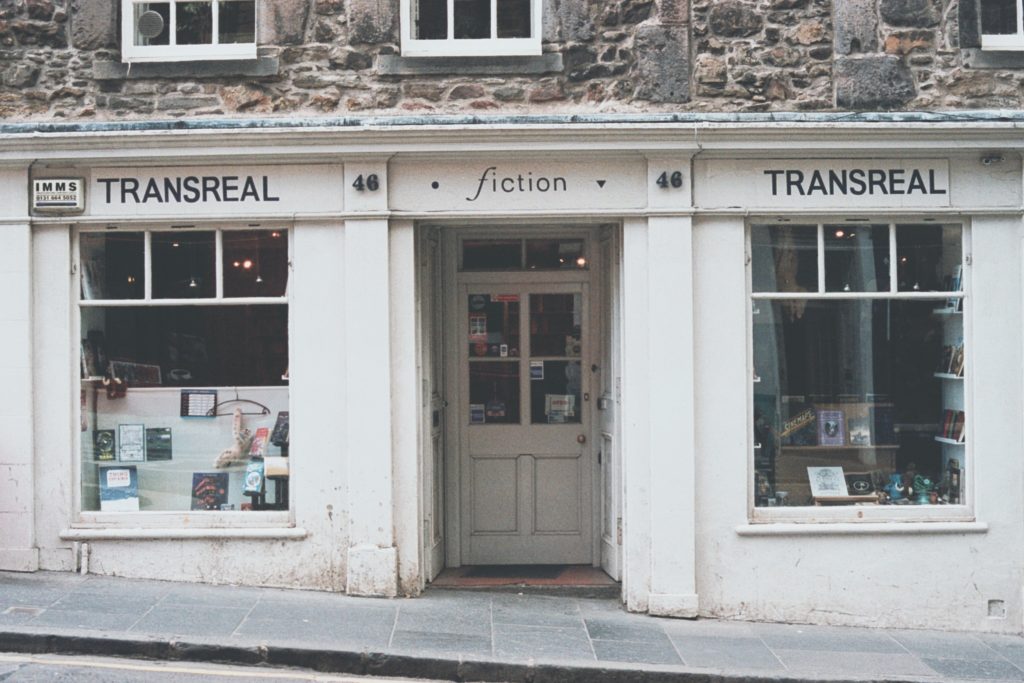We’re sharing some previews of our upper-level course offerings this week. Remember, Fall 2021 Registration starts Monday, March 29th!
Summer 2021 Courses
ENGL 155: Creative Writing—Poetry | Dr. Pablo Peschiera | May Term & June Term, 2021 | Online, MTWRF 9:00 am – 9:50 am
Why do we love to know the lyrics to a song? Why do we listen to music? Because of the pleasure of sounds and words. Everyone has a desire to experience the pleasure of sounds and words—that is the essence of poetry. This class is all about playing with language while expressing ourselves. We’ll look at some rap lyrics, read lots of contemporary poems, and write every day. We’ll watch videos of poets reading and talking about their work, and learn why poetry is important to readers of poetry. As a 2 credit, FA2, summer course, our goal is to experience what it means to be creative and join a rich creative community. We’ll talk about what art is for, what poetry is for, and how poets do what they do.
This course will be remote synchronous, so all assignments and materials (besides the textbook) will be delivered through Moodle.
Required text: Poetry: A Writer’s Guide and Anthology by W. Todd Kaneko and Amorak Huey. 2 Credits.
ENGL 233: Ancient Global Literatures | Dr. Ernest Cole | May Term 2021 | Online Asynchronous
Ancient Global Literatures is a four-credit course that fulfills the Cultural Heritage 1 and Cultural Diversity requirements of the General Education program. It presents a dialogic perspective of the Ancient literatures of the East and Western traditions within a fresh and diverse range of selections. It seeks to examine the world’s great literature and by exploring the historical, philosophical, social as well as the literary and cultural links between past and present, East and West. The course would draw from selections including epic and lyric poetry, drama, and prose narrative, and focus on the oral narratives of Ancient Africa and the Middle East. (CH2, CD4, GL1). 4 Credits.
ENGL 234: Modern Global Literatures | Dr. Ernest Cole | June Term 2021| Online Asynchronous
This 4-credit online synchronous course fulfills the general education and global learning international requirements at Hope College. It focuses on the experiences of migrants in the United States by exploring a variety of themes that encompass the dynamics of culture and integration including identity, belonging, exclusion and marginalization, and the reformulation of stereotypes of otherness and inferiority of immigrants. The course draws from the theoretical constructs of cross-cultural integration and hybridity to explore a three-part structure of exodus, the dream and the complexities of the in-between to examine the representation of the migrant in distinct geographical spaces. Using the harrowing experiences of migrants crossing the Mediterranean, the course draws from literature from east and west Africa to depict the reversal of expectations and wanton destruction of immigrant lives in the western world. (CH2, CD4, GL1). 4 Credits.
Fall 2021 Courses
ENGL 214-01 & 02: Workplace Writing | Prof. Mike Owens | (01) MW 9:30 – 10:20 am; (02) MW 11:00 am – 11:50 am
This course is an introduction to writing effectively in business, industry, the government, and any other profession. Its primary objective is to help you work through common business writing tasks, both large and small, and produce writing that is clear, organized, correct, and effectively communicates its point. An additional course objective is to give you necessary skills for analyzing and composing messages in basic formats such as memos, letters, plans, resumes, and reports. The course also includes an introduction to workplace presentations and a bit of review in fundamental grammar, punctuation, and stylistic conventions in Standard Written English. Ethical considerations in business writing is an on-going discussion throughout the course as well. 2 Credits.
ENGL 231-01: Literature Western World I | Dr. Stephen Hemenway | MWF 11-11:50 AM
If the COVID-19 situation permits, I shall once again enjoy teaching this course which launched my Hope College career 50 year ago! Aesop’s fables and Homer’s tales of war and adventure start you on an odyssey of ancient literature. Frowns and smiles accompany your dramatic responses to Greek tragedies and comedies. Ancient Roman and medieval Italian epics send you on a spiritual journey that may also embrace excerpts from the Hindu Bhagavad Gita and the Chinese Tao Te Ching. Chaucer takes you on a pilgrimage with the Pardoner and the Wife of Bath, and Cervantes inaugurates a quest for an impossible dream with Don Quixote. Sappho, Lady Murasaki, Margery Kempe, Marguerite de Navarre, and Sor Juana de la Cruz go places where few females dared to tread. Michelangelo, Petrarch, and Shakespeare lead you through the Renaissance and Reformation and prepare you for the modern world. As you investigate and explore these authors and works, you read and take tests or written test alternatives, write journals and short papers (or a longer research project), and engage in lively discussions about these masterpieces of Western literature in a global context. 4 Credits | Cultural Heritage I (CH1)
English 231-02: Literature of the Western World I | Dr. Jesus Montaño | MWF 12-12:50 AM
Our objective: to journey into the past to recover, or discover, our cultural wealth. The journey will not be easy. Along the way, we will encounter new ways of looking at ourselves via culture and literature. This journey will make us look at what we are and what we are not, as those things are informed by what has been bequeathed us. The goal of this course is to investigate our cultural heritage from multiple viewpoints. In this, we recognize how entangled our own modern world is with the past as well as how past cultures are intertwined in our world. What we will find is that Greek, Roman, and European societies possessed many cultures, and perhaps counter cultures. Moreover, we also find that those cultures and societies are integrally tied to ours, as we make use of ideas and concepts from them in our world making. In this journey you will hone your critical reading and writing skills as we travel from the works of Homer to those of the Aztecs. 4 Credits | Cultural Heritage I (CH1)
ENGL 232-01: Literature Western World II | Dr. Kathleen Verduin | MWF 2:00 – 2:50 PM
This course covers a selection of the European (including English) literary classics from the seventeenth century to the twentieth. We alternate narratives and plays. We study the works for their own merit, but we also look at them as reflections of their time and place—and also of the literary and cultural trends that helped produce them. Of course it’s impossible to do justice to the rich heritage of European literature in the time allotted, but we hope that this preliminary exposure will encourage a life-long habit of reading. To give coherence to our reading, we will associate at least some of the works on the syllabus with Joseph Campbell’s well known theory of the archetypal Hero’s Journey: separation, initiation, and return. What got these heroes going? What did they seek? And how can their journeys guide us in the journeys that we ourselves must undertake? 4 Credits | Cultural Heritage II (CH2)
ENGL 248-01: Intro to Literary Studies | Dr. Jesus Montaño | MWF 12:00 – 12:50 PM
Subtitle: Monsters, from Beowulf to Beloved
What if we read Beowulf, an early medieval text written in Old English, through the lens of Toni Morrison’s Beloved, a novel about a ghost and about slavery. What would we learn about ourselves? About liberation? About others?
This course is about monsters. It is a course on literature, because tales and stories are where monsters find form, where they find life. In this, monsters are bound up in our imagination, in what we find abhorrent, frightening, horrifying. And. To a large extent, what we most fear is the Other. This, then, is our task: to look at monsters through “dark” lenses that allow us to see the devaluation of humanity in the making of monsters, in other words, the making of Others.
Along with Beowulf and Beloved, we will read Mary Shelley’s Frankenstein, Octavia Butler’s Fledgling, William Shakespeare’s The Tempest, and Jorge Luis Borges’s “The House of Asterion”, a short story told from the perspective of the Minotaur. 4 Credits
ENGL 253-01: Introduction to Creative Writing| Susanna Childress | TR 9:30-10:50 AM
It’s time to get creative! For this course, you need not have any previous writing experience. We’ll do regular writing exercises, plenty of literary reading, and lots of constructive peer response. We’ll take a good, long look at craft techniques to aid you in trying your hand at poetry, fiction, and creative nonfiction. Joan Didion, who wrote across genres, said, “I write entirely to find out what I’m thinking, what I’m looking at, what I see and what it means. What I want and what I fear.” Welcome to a course whose whole point is to help you find something—or a myriad of things—out! 4 Credits | The Arts II (FA2)
ENGL 253-02: Intro to Creative Writing | Susanne Davis | TR 4-5:20 PM
An introduction to the craft of poetry, fiction, and creative nonfiction, including reading as a writer. No prior writing experience required. 4 Credits | The Arts II (FA2)
ENGL 270-01: British Literature I | Marla Lunderberg | MWF 11-11:50 AM
As we navigate British Literature from 875 to 1800, we’ll investigate what our texts show about the role of women, conventions of love, the exercise of authority, and the role of art in society. We’ll explore the ways different eras portray heroism—and monstrosity. Your job will be to read thoughtfully and to assess the assigned texts with curiosity, creativity and critical thinking. Class will be conducted through mini-lectures and class discussion. Writing assignments will be designed to support your exploration of the readings. 4 Credits.
ENGL 281-01: American Literature II | Lisa McGungal | TR 12-1:20 PM
In this course, students will examine a survey of literary genres including fiction, autobiography, poetry, and drama in American literature from 1865 to the present. Note that, for the purposes of this class, “American” refers to the United States. Additionally, “American” in this course refers not only to writers born/living in the U.S. but also writers who immigrated to and/or emigrated from this country. We will learn and engage with different conceptions of American identity as the texts we read and study will portray varying, and at times conflicting, experiences of living in the United States. Students will identify common literary elements in each genre, understanding how they influence meaning as well as speak across texts. This course emphasizes basic tools of literary analysis: close reading, library research, and attention to socio-cultural/historical contexts. Since this is a survey, we move at a swift pace but simultaneously immerse ourselves in the dedicated text(s) of each class. Authors we’ll be reading include Sandra Cisneros, W.E.B. Du Bois, Leslie Marmon Silko, Langston Hughes, Mark Twain, Sarah Orne Jewett, and F. Scott Fitzgerald. 4 Credits.
ENGL 355-01: Intermediate Creative Poetry Writing | Pablo Peschiera | TR 1:30 – 2:50 PM
Through language, poetry gives us music while it helps us investigate what it means to be alive. We’ll study that “language music,” many kinds of poetic form and how to best use them, practicing those forms and adapting them to your own purposes. We’ll read and analyse rap lyrics, find their rhythmic and formal patterns, and make connections between rap and poetry. You’ll experiment with your own fundamental speech rhythms while you think more deeply about lines, sentences, and stanzas. You’ll write poems—tons of poems! We’ll read lots among a diverse range of contemporary poets, and learn to see form for what it really is: the pace of our minds, and the heartbeat of poetry. 4 Credits | The Arts II (FA2)
ENGL 358-01: Intermediate Creative Nonfiction Writing | Susanna Childress | TR 12-1.20 PM
In a genre defined primarily by what it is not, Creative Nonfiction holds wild possibilities for what, indeed, it is. Could that be why CNF is experiencing such a staggering renaissance? It persuades, parades, obsesses, researches, meditates, marvels, rages, responds, defends, defines, deliberates, narrates, rotates, invites closer observation, magnifies, refracts, re-purposes, revitalizes, remembers, recognizes, and celebrates moments of incredible particularity and proportion. CNF is a map, a recipe, a podcast. And in this class, we’ll try it all. Pulitzer-prize winner Ron Powers asserts that, as a storytelling species, CNF “satisfies our hunger for the real and our need to make sense…out of chaos.” So come to this class hungry for the real, ready to be inventive, raw, timely, timeless, and in touch with your inner storyteller. Prerequisites: Engl 253 or equivalent. 4 Credits.
ENGL 360-01: Modern English Grammar | Kathleen Verduin | MWF 9:30 – 10:20 AM
Is it “lie” or “lay”? “Who” or “whom”? “I” or “me”? And when is a sentence not a sentence, and what is a dangling participle, and where (on earth) should you place commas? If you’ve ever been troubled by these questions, sign up for this course. We start simply, learning to identify the seven (some say eight) parts of speech, recognizing phrases and clauses, and yes—but fear not!—diagramming sentences. We go over the conventions of usage: affect vs. effect, amount vs. number, imply vs. infer, like vs. as, and a fearsome lineup of similarly daunting verbal mysteries. But (and yes, you can—indeed, you may—begin a sentence with this word!) we also look into the history of grammar, the invention of sentence diagrams, and the cultural questions surrounding the role of grammar in contemporary society: why does grammatical correctness matter (or does it?), who decides what’s “correct,” and why (for heaven’s sake) are grammarians so often represented as crabby old ladies? By the end of the semester, you will write with increased confidence, secure in the knowledge that your prose won’t be blotched with distracting and embarrassing errors. A great course for writers, future teachers, or anyone who just wants to look good in print. Lots of support, lots of exercises, lots of encouragement: if you take this course, you ain’t gonna be sorry. 4 Credits.
ENGL 373-01: Shakespeare | Marla Lunderberg | TR 1:30 – 2:50 PM
Questions of Justice in Shakespeare’s Plays: Society’s Treatment of the “Other”
Many of Shakespeare’s plays explore what it means to be treated as an outsider. Studying these plays can guide us in questioning issues of justice when women are treated as possessions, Jewish merchants are ridiculed, and military commanders are questioned because of the color of their skin. In this course, we will work our way together through several plays, reading and watching and studying and arguing about the meaning we find in them. We will examine the historical and literary contexts, studying the plays as literature and as performance pieces and assessing various critical approaches’ insights. 4 Credits.
ENGL 375-01: Children’s and Young Adult Lit | Regan Postma-Montaño | MWF 2-2:50 PM
I invite you to think about kids and their work to save the world! In the Percy Jackson series, Percy and his cohort of demigods tangle with rebellious gods to save the world from evil. Fighting evil, in the form of Nazism, is likewise positioned in The Diary of Anne Frank and Number the Stars. The same emphasis is true of ecojustice narratives such as Stella Diaz Never Gives Up where Stella finds ways to help the oceans and its denizens from the dangers of pollution or Ship Breaker, in which the characters deal with the aftermath of climate change. Standing up to constricting social and racial practices is the topic of concern in Piecing Me Together, Out of the Dust, and Apple in the Middle. What our readings hold in common is kids’ active engagement in creating a better world.
The goal of this course is to explore a wide range of kid lit, including mythological fantasy, historical novels, picture books, and realistic fiction. Due to our emphasis on how kids save the world, we will devote attention to struggles against evil (historical and fictional), environmental concerns, and social justice issues. By exploring literature for children and young adults in this way, we will see kids as the catalyst for dynamic change and their work to transform our world. 4 Credits | GLD
ENGL 380-01: Teaching Secondary School Engl | Bill Moreau | W 3-5:50 PM
Are you an English major who wants to be an English teacher in a secondary school? Are you an English minor or special education pre-service student who may end up teaching some English as part of your future career choice? If any of these situations fits you, this class is designed to help.
We’ll learn concrete, practical methods for choosing and teaching literature, for teaching and evaluating the process of writing, and for presenting the study of grammar and usage. Topics of interest related to the profession of classroom teaching as a whole will also be shared. Class sessions will include informal lectures, student projects and presentations (a.k.a. teaching), and discussions. We will read from four books and a mountain of handouts. (Four credits total—three for the class, one for a clinical experience TBD.) 3 Credits.
ENGL 454-01: Advanced Fiction Writing| Susanna Childress | TR 1.30-2.50 PM
Have you written a series of short stories or a novel? Do you want to? How could you work towards writing both—at the same time? In this course, we’ll focus on linked stories, aka story cycles, and how they work as a kind of Super Novel. We’ll be reading award winners like Erdrich’s Love Medicine and Bump’s Everywhere You Don’t Belong. We’ll be writing—slowly, steadily—and workshopping roughly 40 pages of your linked shorts. Be ready to read and to write—you’ll do plenty of both! And as you do, be ready to fall in love with the story cycle and kick it with other linked-story lovers. 4 Credits.
ENGL 480-01: Introduction to Literary Theory | Curtis Gruenler | TR 9:30-10:50 AM
Literary theory equips you to think better about how to read and why, and maybe to enjoy it more too. Tour major schools of thought from Plato to the twenty-first century, such as formalism, structuralism, deconstruction, psychoanalytic criticism, gender and sexuality studies, postcolonial criticism, ecocriticism, and disability theory. Meet theorists such as Jacques Derrida, Michel Foucault, René Girard, Adrienne Rich, Judith Butler, Edward Said, Chinua Achebe, and Wendell Berry. Connect literature to other disciplines such as philosophy, theology, and the social sciences. You’ll have a chance to write and talk critically about whatever texts you like—stories, poems, films, TV, games, etc. The course will be conducted as a seminar with several short papers and two longer ones. 4 Credits.


